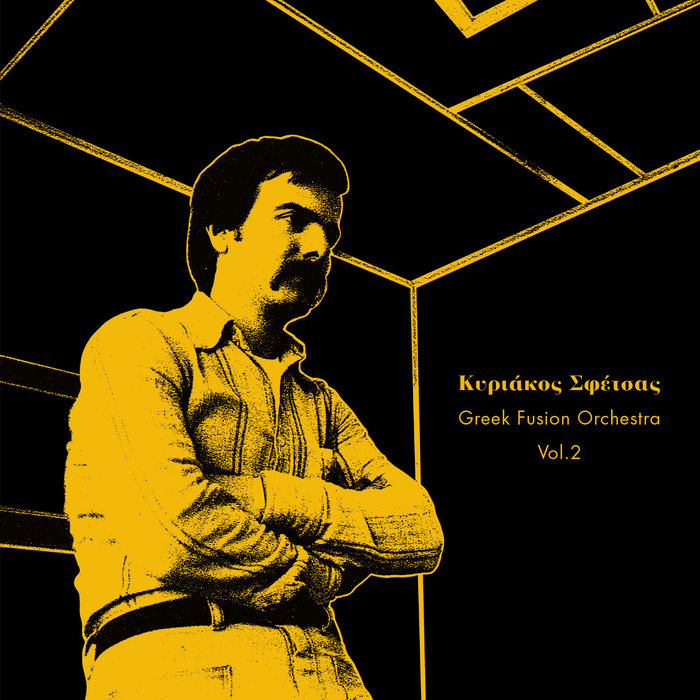
From a Foreign Land – Kyriakos Sfetsas
this blog is GROOVY – check out great Soul, Funk, Jazz, Hip Hop, Bass, Breaks , Reggae, House n many more TUNES
Afro-Cuban music is like a vibrant tapestry woven with the threads of African rhythms and Cuban melodies. It’s a genre that grooves, dances, and invites everyone to join in. From its inception back in the 19th century to its ongoing evolution today, let’s dive into this lively musical journey!
The roots of Afro-Cuban music trace back to Africa where enslaved people brought their rich cultural heritage to Cuba. These immigrants infused their traditional drumming, singing, and dance into the local Cuban culture—which was already bubbling with Spanish influences—creating something entirely new.
You know what they say: when you mix different spices, you get some delicious stew! That’s precisely what happened here. Some key instruments that emerged during this time were the djembe, bata, and conga drums. Each drum has its unique voice and role in creating those irresistible beats.
Did you know that some musicians claim that if you clap your hands during an Afro-Cuban performance but miss the beat once in a while… it can be considered an avant-garde style? That’s right; there’s room for mistakes when it comes to jam sessions—just roll with it!
Fast forward to the early 20th century; son cubano started gaining momentum as a popular genre blending Spanish guitar with African rhythms—think salsa but on steroids! This laid down the foundation for mambo, which became wildly popular both in Havana nightclubs and New York City.
Artists like Arsenio Rodríguez created infectious sounds using three-part harmonies paired with improvisation—a recipe for heart-pumping fun! Meanwhile, legends like Tito Puente came rolling onto the scene later on strong enough to make anyone shake their maracas off!
Did you ever hear about Tito Puente’s legendary ability as a bandleader? He supposedly had so much energy that he could conduct from behind his drums—while dancing at the same time! That combo must’ve been quite a sight—not your average concert experience!
As we twirl into the ‘60s and ‘70s, things took another exciting turn. With political protests brewing across Latin America (and elsewhere), musicians turned up their volume—and creativity! Enter salsa—the brainchild combining all these Afro-Cuban elements while adding jazz influences.
No one did it better than heavyweights like Celia Cruz, whose powerful voice made waves worldwide along with her fabulous personality. Known as “La Reina de la Salsa,” she famously quipped: “¡Azúcar!” (Sugar!), bringing sweetness not just through her lyrics but also her larger-than-life charisma.
Celia had such an incredible persona that she even earned herself a Guinness World Record for having all her albums certified gold or platinum within only four years from 1974-1978! Talk about sugar-coated success!
In recent decades, we’ve seen genres like timba emerge—a groovy fusion involving funk-infused beats layered over classic son structures uplifting every dance floor imaginable. Bands such as Los Van Van have kept this fiery spirit alive alongside brilliant artists including Pablo Milanés, who mix traditional Cuban styles with modern vibes effortlessly.
Today’s Afro-Cuban music continues evolving through collaboration—with rappers joining forces alongside seasoned percussionists creating electrifying hybrids filled with rhythmical surprises every step of way!
One funky story involves Yomil y El Dany, two reggaeton artists who hilariously forgot lyrics mid-performance one time—and instead started freestyling funny rhymes about rice-and-beans recipes! Their unplanned cooking show moment turned out delightful—with fans laughing harder than ever while still dancing away!
Afro-Cuban music is far more than just notes played—it embodies history wrapped up in groove-filled journeys connecting generations past present-and-future together harmoniously along our universal love for rhythm-dance-partying-all-around good vibes!
So next time you’re tapping your feet or shaking your hips at an unexpected fiesta remember: there’s deep-rooted magic behind those beats inviting everyone everywhere outside themselves turning life itself inside-out full circle excitement never ending anytime anywhere bound by distinct joys shared throughout community interactions linking us closer via soundspaces popping joyfully around town!
And always keep it groovy folks because whether it’s son cubano or modern timba—we all feel better by keeping moving embracing laughter held tightly amid traditions thriving splendidly side-by-side celebrating cultures blending beautifully transcending lifetimes without any dull moments slipping away unnoticed…ever ready whenever need arises once again oh-so-lovingly united underneath these rhythmic skies wash colors vibrantly flowing forth unmistakably soulful memories timeless-shaping legacies forevermore!

From a Foreign Land – Kyriakos Sfetsas
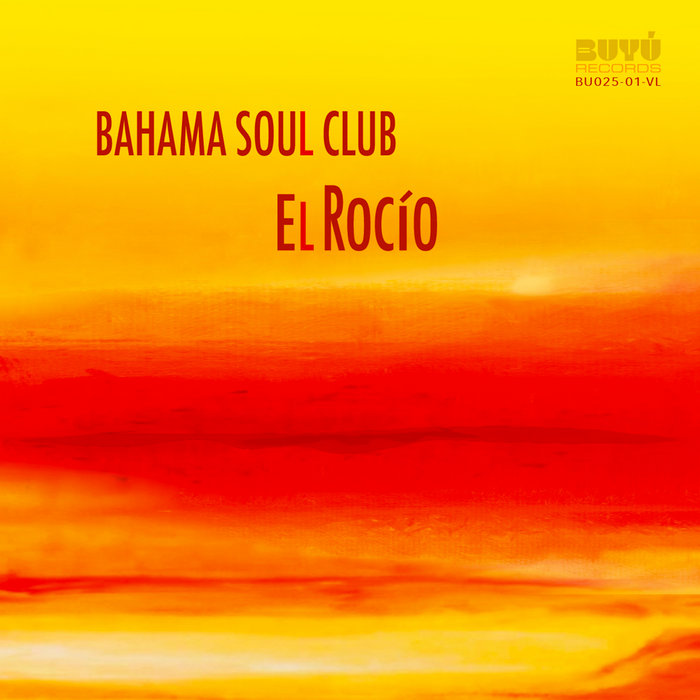
EL ROCÍO – Bahama Soul Club
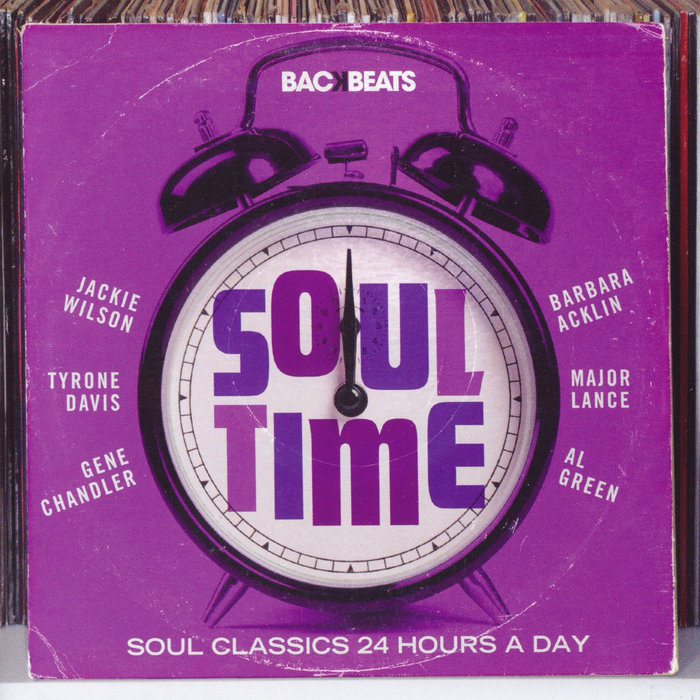
Can I Change My Mind – Tyrone Davis

Golden Lady (Original Album Version) – Jose Feliciano
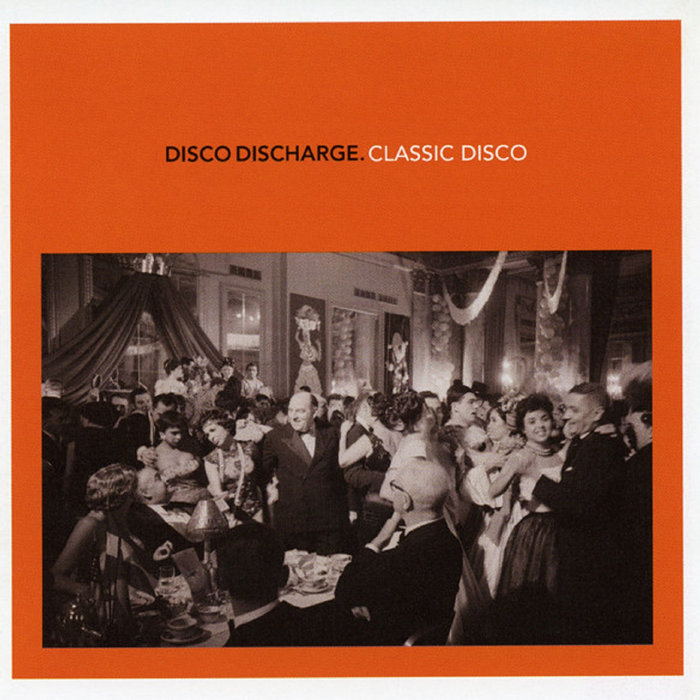
Makes You Blind (Re-edit) – The Glitter Band
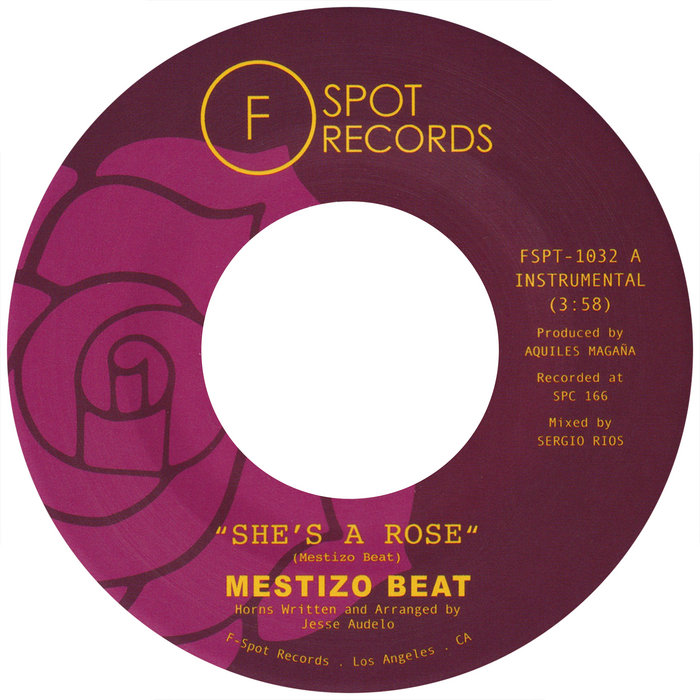
She's A Rose – Mestizo Beat
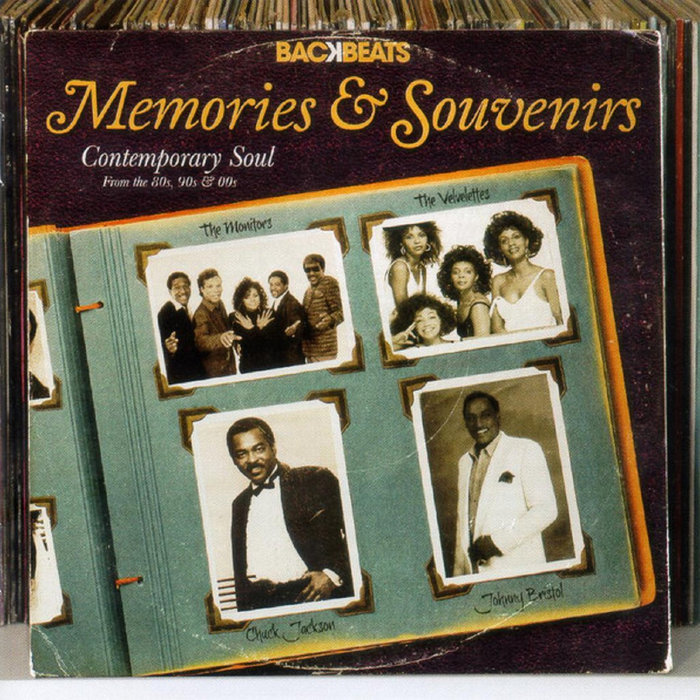
You're Losing Me – Barbara Lynn
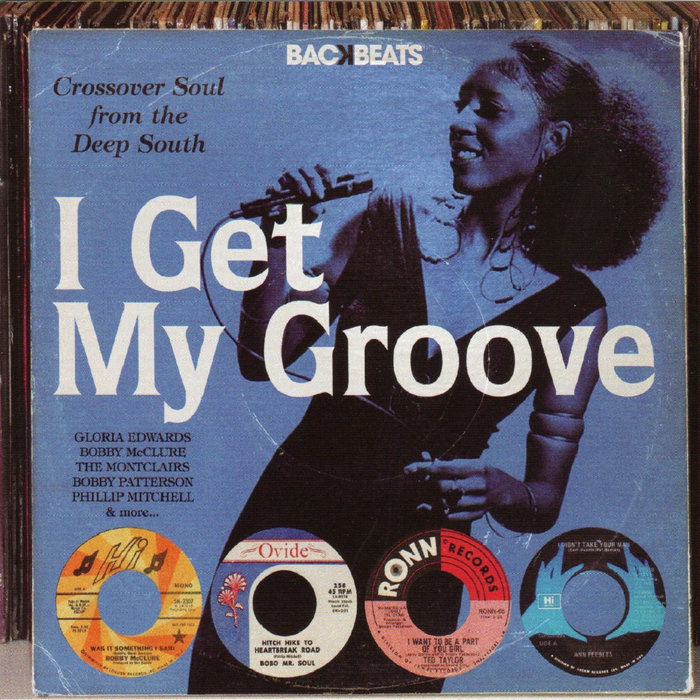
Nice And Easy – Barbara Lynn
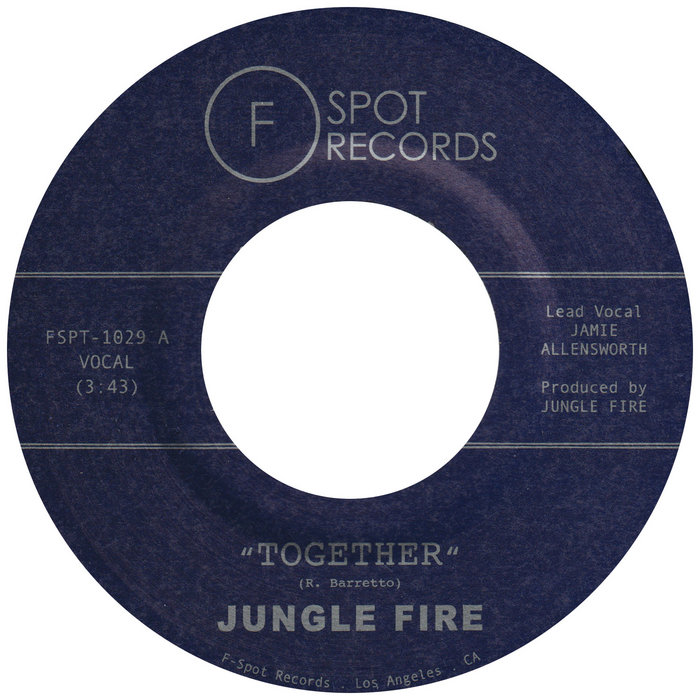
Together (feat. Jamie Allensworth) – Jungle Fire
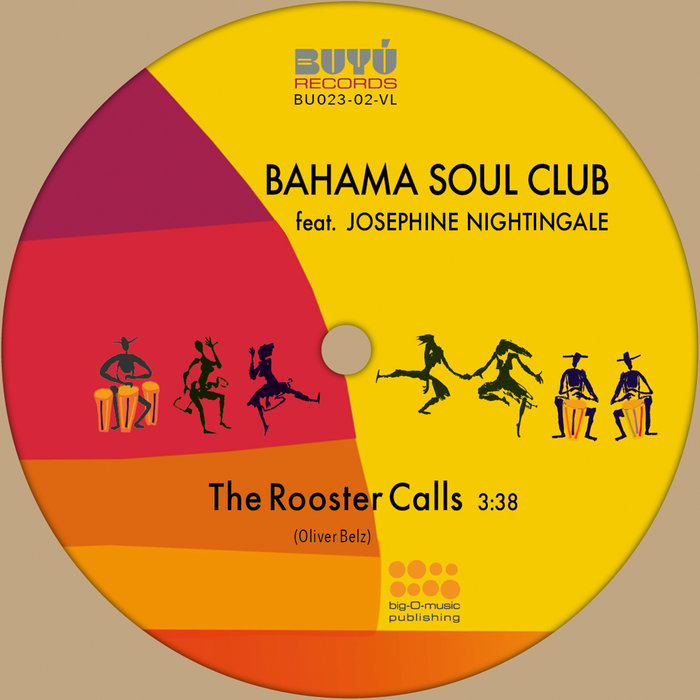
The Rooster Calls feat. Josephine Nightingale – Bahama Soul Club